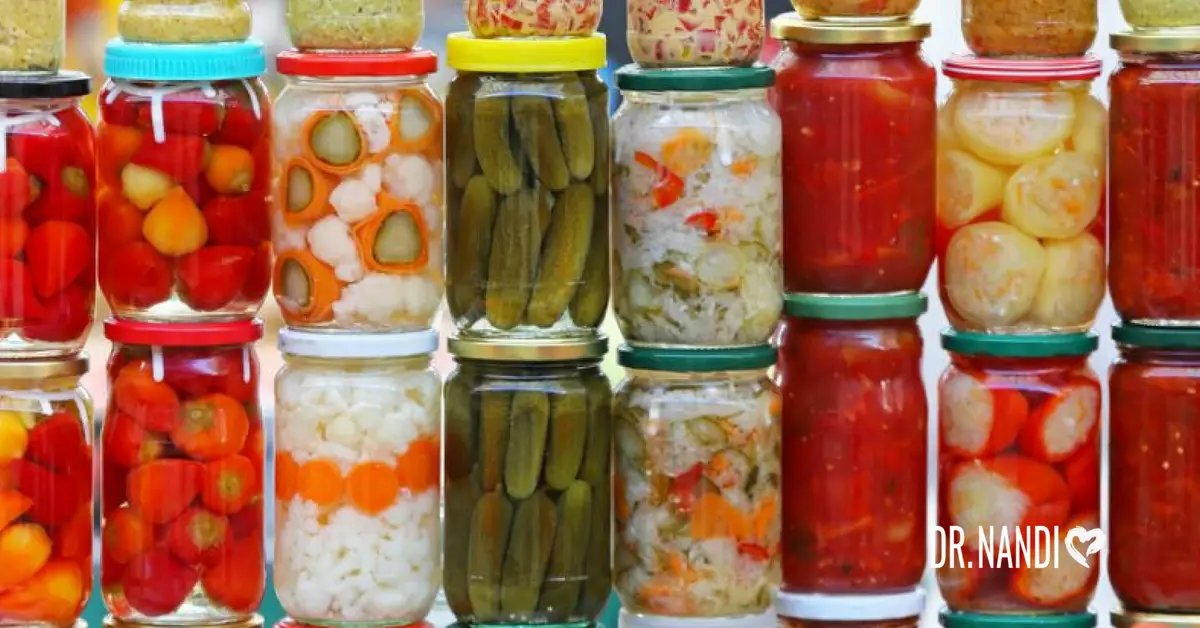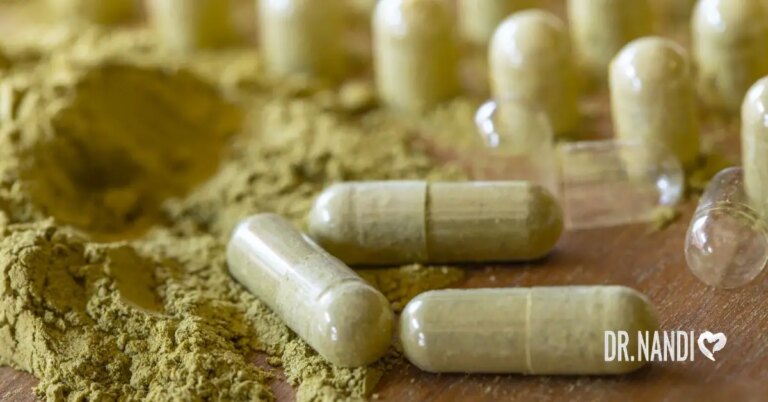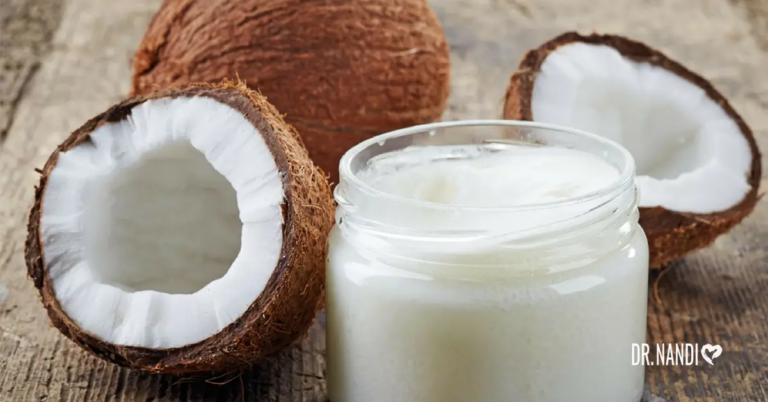What Are Fermented Foods & Why Should I Eat Them?
Fermentation allows food items to sit for an extended time in conditions that will enable the sugars and carbs to be broken down by bacteria, yeasts, or other microorganisms present in the food. The byproducts of this breakdown change the food into something altogether different. It allows for a whole new array of benefits when the foods are consumed!
You might be thinking, “Why would I eat something that bacteria have broken down on earth?” It may sound alarming to think of consuming fermented foods, but by a different name, you may find yourself more open to the idea. Have you ever heard the term “probiotic?” It is a health term you are probably familiar with. All it means is that there is a live culture of safe bacteria and yeasts present in a food source. These live cultures aid in healthy digestion and promote overall gut health. (1)
The benefits of probiotics are many, and fortunately, so are the sources of this fantastic dietary agent! Some may be surprised to recognize, and others may be entirely new to your food experience. Here are the top seven fermented foods filled with great probiotics that you can easily add to your diet.
7 Probiotic-Rich Foods To Add To Your Diet
Kefir
Kefir is a fermented milk product typically from cow’s milk. It tastes similar to yogurt and usually comes in the form of a conveniently drinkable liquid. Kefir contains high calcium, magnesium, B vitamins, vitamin K2, biotin, folate, enzymes, and excellent probiotics. These nutritional qualities can help boost immunity, combat irritable bowel syndrome, improve allergies, and promote digestive health. (2)
Miso
Miso is a Japanese paste created by fermenting soybean with a fungus called koji. Miso is a source of various B-vitamins, vitamins E, K, and folic acid. It is also rich in good bacteria that are especially good for digestion, absorption of nutrients, and supporting the immune system. (3)
Kombucha
Kombucha is a fermented beverage made from black or green tea. A colony of bacteria and yeast is introduced and combined with sugar, which begins the fermentation process. The kombucha becomes carbonated and rich with vinegar, enzymes, B-vitamins, and probiotics. A daily dose of kombucha increases energy, detoxes the body, and supports the immune system.
Sauerkraut
Sauerkraut is one type of fermented food you may be more accustomed to seeing. It’s made from fermenting cabbage and has high amounts of lactic acid and tyramines, vitamins A, C, K, and B, and minerals like magnesium, calcium, and iron. It also has very few calories. (4) Sauerkraut’s many benefits include healthy digestion, lowering cholesterol, aids, and reducing inflammation.
Pickles
You may be surprised to find such a simple food on this list. Fermented using vinegar, pickles are rich in vitamins, minerals, antioxidants, and gut-friendly bacteria. Most importantly, pickles can help counter vitamin K deficiency, which is a vitamin essential for bone and heart health.
Yogurt
Plain yogurt is another familiar fermented food, one of America’s most popular probiotic sources. It is rich in good bacteria cultures and has excellent calcium, B-vitamins, and potassium sources. Yogurt aids in healthy digestion boosts the immune system, contributes to bone health, and can even help cure infections. (5)
Raw Cheese
Perhaps the most popular of any fermented food worldwide, cheeses are full of nutrients including calcium, protein, phosphorus, zinc, vitamin A and vitamin B12. Made from unpasteurized, or “raw,” milk, these nutrients are even richer! In addition to building bone health, regular consumption of cheeses can boost immunity and combat harmful bacteria in the digestive tracts, and greatly benefit gut health with the power of its amazing probiotic content.
References:
- https://www.webmd.com/digestive-disorders/what-are-probiotics
- https://draxe.com/kefir-benefits/
- https://www.bbcgoodfood.com/howto/guide/health-benefits-miso
- https://www.ncbi.nlm.nih.gov/pubmed/25568828
- https://www.webmd.com/food-recipes/features/benefits-yogurt#2




















